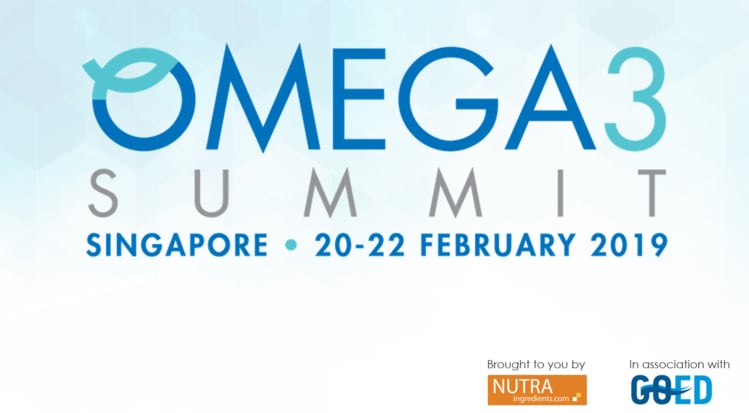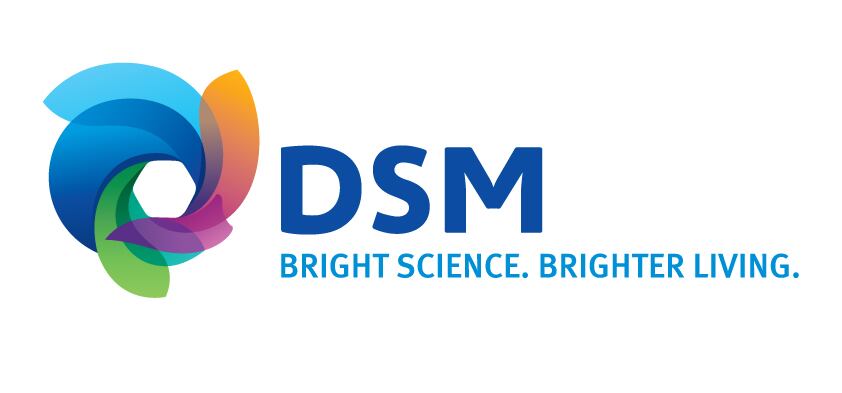The company recently concluded its first study with South Korea's Ewha Women's University, focusing on DHA intake in mothers and children.
The study involved reviewing the DHA intake of 400 pregnant and lactating mothers, as well as 400 children aged one to two.
Van Dael told NutraIngredients-Asia: "We engaged Ewha Women's University to propose a joint assessment of pregnant and lactating mothers, as well as children aged one to two, and discovered that both the women and children had inadequate DHA intake.
"What it showed us was that even in an affluent country like South Korea, where overall fish consumption is high, many still don't have an adequate intake of DHA, which surprised us. This also means that if you don't supplement your diet, you won't reach the optimal level of DHA your body needs.
"We hope we can use this to create awareness within the Korean government, and see if any public policy can be implemented to bridge the gap between the RDI and the current intake."
Omega-3

NutraIngredients, in conjunction with GOED, will be holding APAC's first ever omega-3 event in Singapore in February 2019, featuring renowned speakers from CSIRO, A*STAR, Japn National Cancer Centre, GOED and more.
Data gaps in DHA
The study with Ewha Women's University is part of a wider effort by DSM to improve early life nutrition in the APAC region, where the firm has observed a large discrepancy between developed and developing countries.
Van Dael said that over-nutrition tended to be an issue in more affluent countries, while under-nutrition was widespread in less affluent countries.
However, gaps in DHA-related data in Asia — including South Korea — have so far prevented the company from approaching policymakers with recommendations for early life nutrition programmes.
Because of this, it has been working with universities and organisations in the region to collect more data and develop solutions to the problem.
It is currently exploring further collaboration with Ewha, though it cannot reveal anything at the moment.
Additionally, DSM recently completed a symposium in Hyderabad with the National Institute of Nutrition, looking at the DHA intake in the first 1,000 days of life and in pregnant mothers in India.
Rigorous research
Van Dael revealed that the firm had continual research and collaboration planned for Asia in two areas: observational studies to identify nutrient gaps in different populations, and interventional studies to identify the effects of dietary management on nutritional status.
"Innovation in general is not always as fast as we'd like to think it is. Packaging and tastes innovate fast, but science and ingredients may not.
"In early life, it goes even slower, because we are talking about infants, young children, and pregnant and lactating women — that takes a long time to observe and draw conclusions about.
"What I see developing are things we already know about, which are now being given more traction. For example, DHA and have been on the market for some time, and have been given to pregnant and lactating mothers, as well as infants and young children.
"But more data have become available, which tells us what we've been doing is important, and we should continue working on it."
He added that in addition to intake data for omega-3 fatty acids, DSM had been looking into the benefits of folic acid for early life nutrition, having recently completed a study that found that a new type of folic acid was more bioavailable than earlier forms, and safe for consumption, even for infants.
Cooperation and collaboration
However, he also emphasised that more data alone was not enough to tackle the micronutrient deficiencies in mothers and children.
Van Dael said, "We as a company can contribute in two ways: first, we can create awareness by working with experts through public-private partnerships.
"Second, we can offer solutions by working with government bodies, NGOs, or private companies to provide consumers with the right tools to cope with nutritional deficiencies.
"Breast is best, but only if the mother's nutritional levels are adequate. If they are not adequate, they must be improved before they can benefit the child."
Infant nutrition firms should also consider the potential for the development of supplements in various formats, vitamin and mineral premixes that can be added to food and drink for mothers, and droplets (such as vitamin D droplets) that can be used to supplement breastmilk, baby food and infant formula.
Furthermore, it is important that consumers can easily access avenues to regularly assess their nutritional status, so they can then find the right solution for themselves.
Personalised nutrition is one such method — made easier now with the advent of DNA home testing kits — but van Dael said, "There is room for improvement in these kits when it comes to measuring biomarkers of health, which is the most important component of determining one's nutrient status.
"We need to collaborate with the developers of these test kits to make sure the two are well connected, and that is the challenge we must tackle over the next two years."



